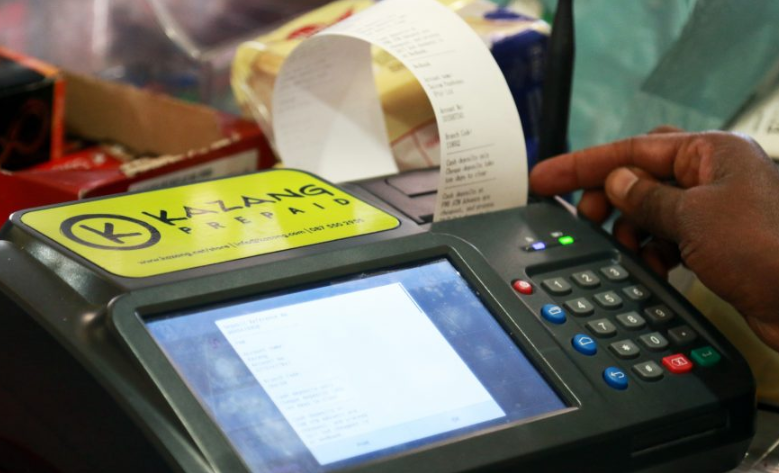Airtime vending machines have become an integral part of our daily lives, providing a convenient way to top up our mobile phone credits swiftly. As these machines become increasingly popular, understanding the factors that influence airtime vending machine prices is crucial, whether you’re considering a purchase for your business or simply curious about the economics behind these handy devices.
Factors Influencing Airtime Vending Machine Prices
Here are the primary factors to consider:
1. Machine Specifications and Features
The specifications and features of an airtime vending machine play a pivotal role in determining its price. Machines with advanced features, such as touchscreen interfaces, real-time reporting, and compatibility with a wide range of mobile network providers, tend to be more expensive than basic models. Additionally, larger machines with higher capacities for airtime vouchers may command a higher price.
2. Brand and Manufacturer
The reputation and brand name of the manufacturer can have a substantial impact on the pricing of airtime vending machines. Established and well-known brands may offer premium products at a higher cost, while lesser-known or new manufacturers might provide more budget-friendly options. The brand’s reputation can also be an indicator of product quality and reliability.
3. Payment Options
The flexibility and variety of payment options supported by an airtime vending machine can influence its price. Machines that accept a wider range of payment methods, such as cash, credit cards, mobile payments, or even cryptocurrencies, are generally more expensive. Offering diverse payment options can make the machine more attractive to a broader customer base.
4. Connectivity and Software
The level of connectivity and software integration in an airtime vending machine is another pricing determinant. Machines equipped with real-time connectivity to mobile network providers and integrated reporting software often come at a premium. These features enable the machine to provide up-to-the-minute airtime top-ups and generate detailed sales reports, making them more desirable for businesses.
5. Maintenance and Support Services
The availability of maintenance and support services can significantly impact the machine’s price. Machines with extended warranties and comprehensive customer support packages may cost more upfront but can save money in the long run by reducing maintenance and repair costs. Businesses often prioritize reliable support to ensure their machines remain operational.
6. Customization and Branding
Some businesses may opt for customized airtime vending machines that incorporate their branding or specific design features. Customization can add to the overall cost, as it involves additional design work and manufacturing adjustments to meet the client’s requirements.
7. Quantity and Bulk Purchases
Purchasing airtime vending machines in bulk can often lead to cost savings. Manufacturers and suppliers may offer discounts or reduced unit prices for bulk orders. This makes it more cost-effective for businesses looking to deploy multiple machines in various locations.
Additional Costs to Consider
When assessing airtime vending machine prices, it’s essential to consider additional costs that might not be immediately evident. These costs can include:
1. Installation and Setup
The cost of installing and setting up the machine, including any necessary electrical work or network connectivity, should be factored into the overall expense.
2. Location and Rental Fees
If you plan to place the machine in a commercial establishment, you may need to pay rental fees for the space it occupies. These fees can vary depending on the location’s foot traffic and visibility.
3. Restocking and Maintenance
Regular restocking of airtime vouchers and ongoing maintenance are recurring costs that need to be budgeted for, as they contribute to the machine’s operational efficiency.
4. Software Updates
Over time, software updates and security patches may be required to keep the machine running smoothly and securely. The cost of these updates should be considered as part of the overall investment.
Conclusion
Understanding the factors that influence airtime vending machine prices is essential when considering a purchase for your business or personal use. While the specifications, features, and brand play a significant role in pricing, additional factors like payment options, connectivity, and maintenance services can also contribute to the overall cost. It’s important to weigh the benefits of these features against your specific needs and budget.





